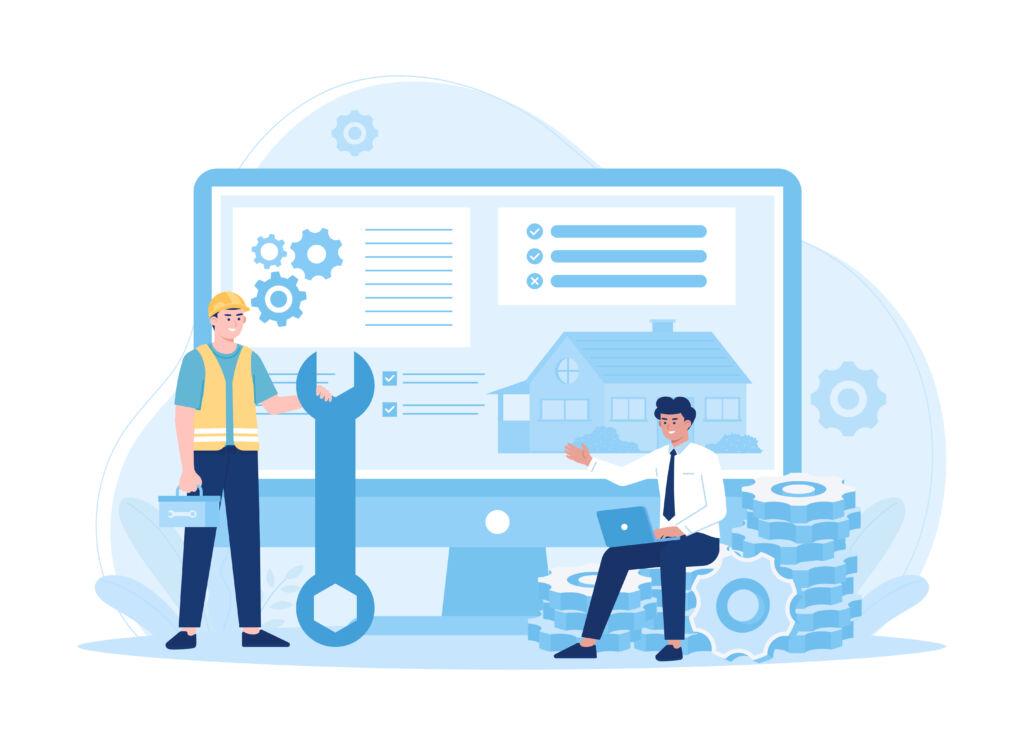The Digital Foundation: A Deep Dive into the CAFM Industry

The Computer Aided Facility Management industry is a specialized and technology-driven sector that provides the digital nervous system for the modern built environment. It is an industry that blends the disciplines of real estate, engineering, information technology, and business administration to create a unified platform for managing physical assets and spaces. The industry's essential role in enabling a more efficient, sustainable, and people-centric workplace is a key reason for its projected growth to a market valuation of USD 94.78 billion by 2035. This expansion, advancing at an explosive CAGR of 30.71% during the 2025-2035 forecast period, underscores the industry's successful transition from a niche operational tool to a strategic enterprise platform that is central to corporate success.
A defining characteristic of the CAFM industry is its role as a "system of record" for a company's physical assets. Just as a CRM system is the single source of truth for customer data and an ERP system is the source of truth for financial data, the CAFM or IWMS platform is the definitive source of truth for all data related to a company's real estate and facilities. This includes everything from detailed architectural floor plans and asset inventories to maintenance histories and energy consumption data. The industry's core mission is to provide a centralized, accurate, and accessible database for all of this critical information, breaking down the data silos that have traditionally existed between different facilities management functions.
The industry's workforce is a diverse mix of software professionals and deep domain experts. On the technology side, it includes software engineers who develop the platforms, UI/UX designers who create the user interfaces, and data scientists who build the analytics and AI features. On the business side, the industry employs a large number of professionals with backgrounds in facility management, corporate real estate, and architecture. These domain experts are crucial, as they work as solution consultants, implementation specialists, and customer success managers, ensuring that the software is configured and used in a way that effectively solves the real-world business problems of their clients. This blend of tech and domain expertise is a key feature of the industry.
The CAFM industry is also at the forefront of the "smart building" movement. It is the software layer that connects to and makes sense of the vast array of IoT sensors and building management systems (BMS) that are being deployed in modern commercial buildings. The CAFM platform can ingest real-time data from occupancy sensors, air quality monitors, smart lighting systems, and HVAC controls. It can then use this data to automate actions—such as adjusting the temperature based on room occupancy—and to provide facility managers with a rich, real-time dashboard of the building's performance. This role as the central integration and intelligence hub for the smart building is a major and growing part of the industry's value proposition.
Explore Our Latest Trending Reports:
- Art
- Causes
- Crafts
- Dance
- Drinks
- Film
- Fitness
- Food
- Giochi
- Gardening
- Health
- Home
- Literature
- Music
- Networking
- Altre informazioni
- Party
- Religion
- Shopping
- Sports
- Theater
- Wellness

